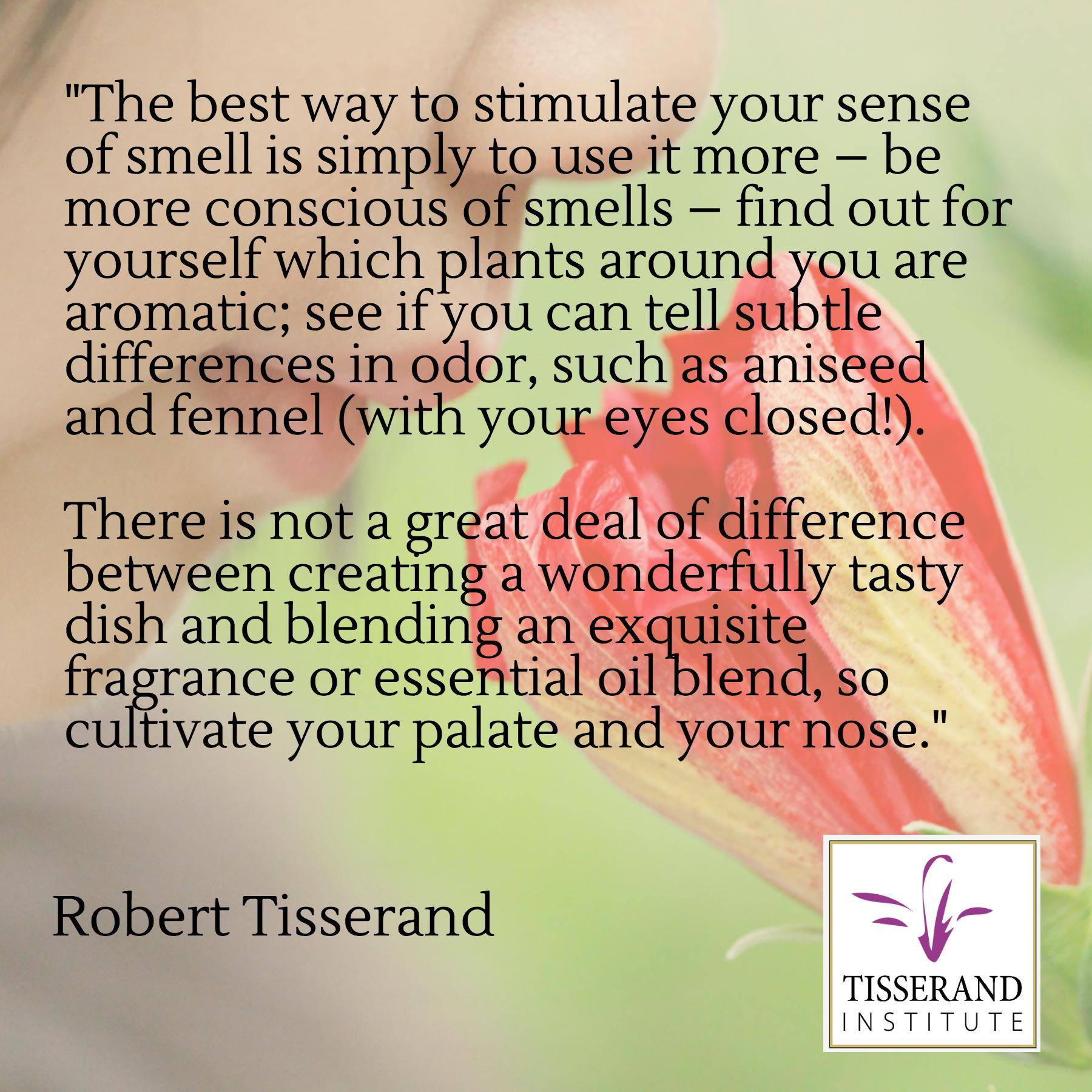
by Hana Tisserand | Mar 14, 2017
“The best way to stimulate your sense of smell is simply to use it more – be more conscious of smells – find out for yourself which plants around you are aromatic; see if you can tell subtle differences in odor, such as aniseed and fennel (with your...
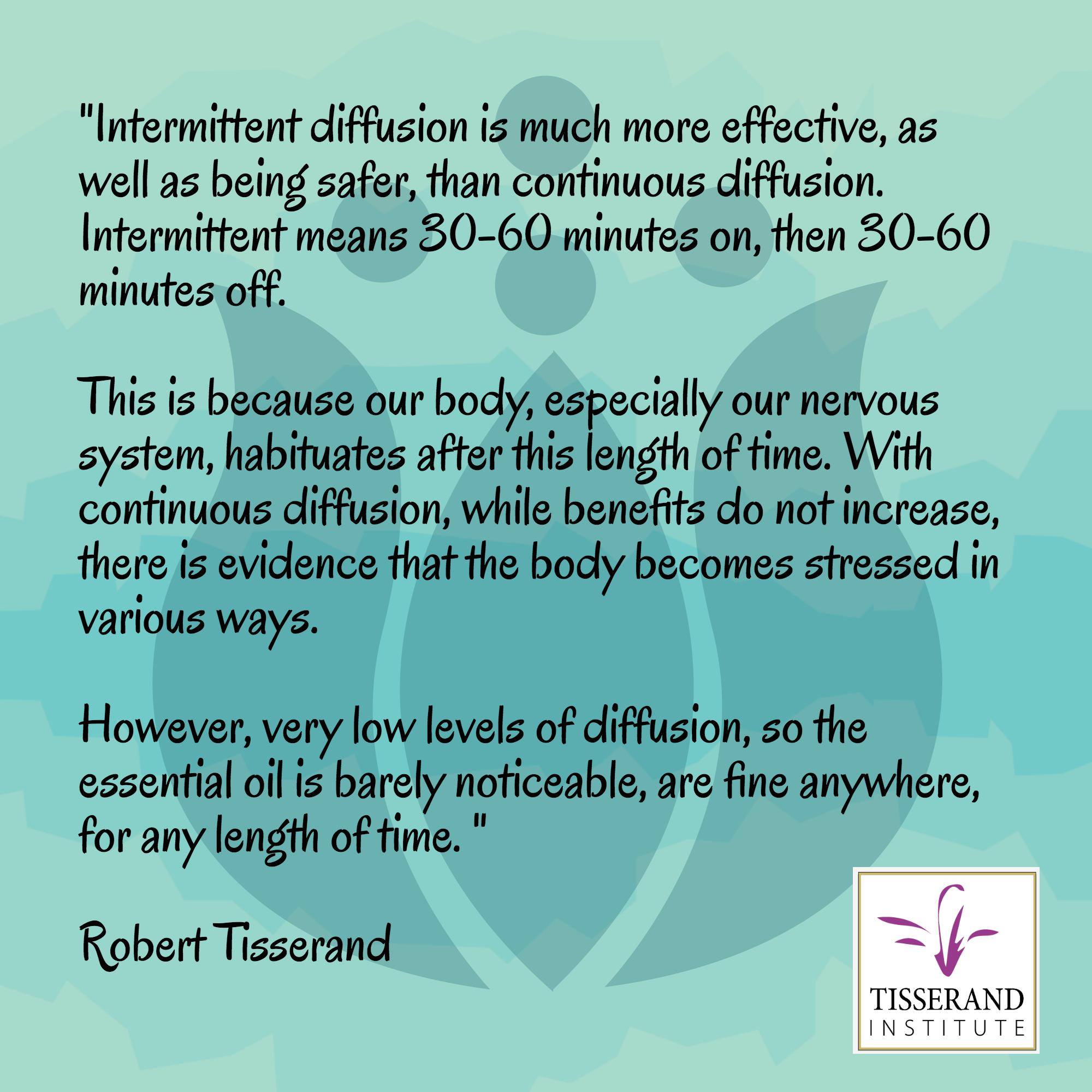
by Hana Tisserand | Mar 14, 2017
Safety guidelines for diffusion: “Intermittent diffusion is much more effective, as well as being safer, than continuous diffusion. Intermittent means 30-60 minutes on, then 30-60 minutes off. This is because our body, especially our nervous system, habituates...
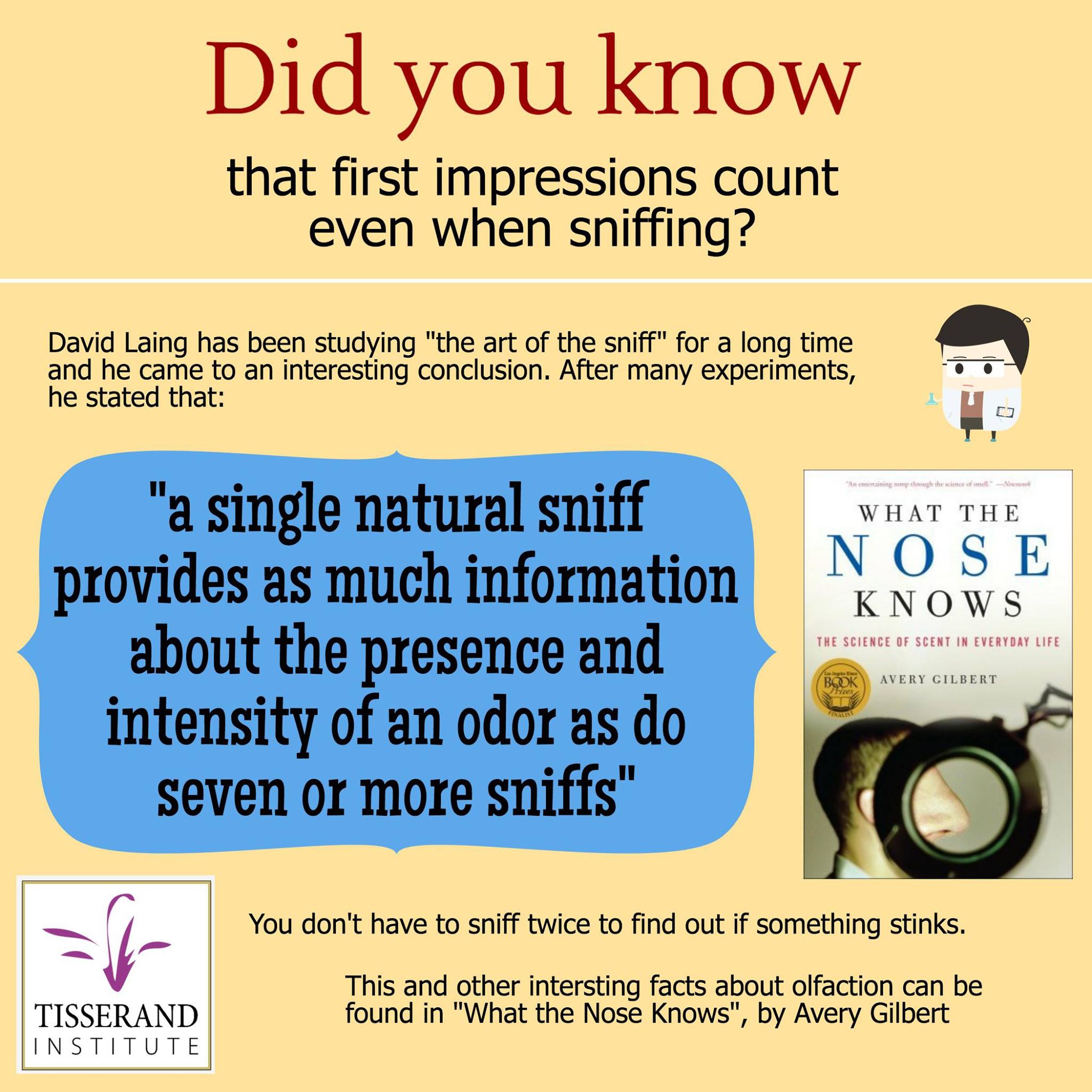
by Hana Tisserand | Mar 13, 2017
It is a truism that first impressions count. What is interesting is that this applies to smelling as much as anything else. In his book, What the Nose Knows, Avery Gilbert talks about the art of the sniff and the science behind it: “David Laing systematically...
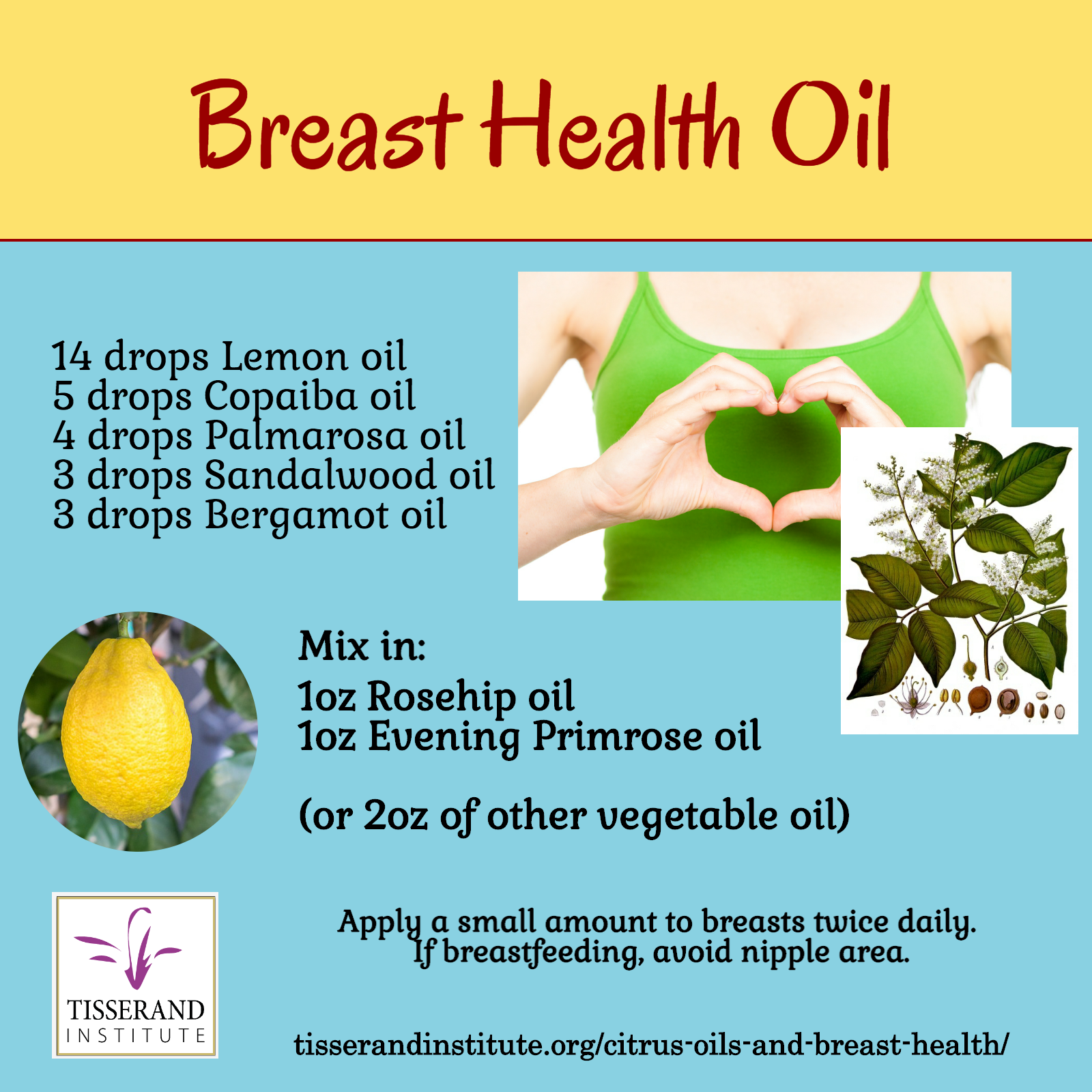
by Hana Tisserand | Mar 13, 2017
There is growing evidence that citrus fruit, and limonene-rich citrus essential oils, could play a role in the prevention of breast cancer. It is not implausible that combination of fresh oranges, green tea and a topical essential oil formulation could be preventive...
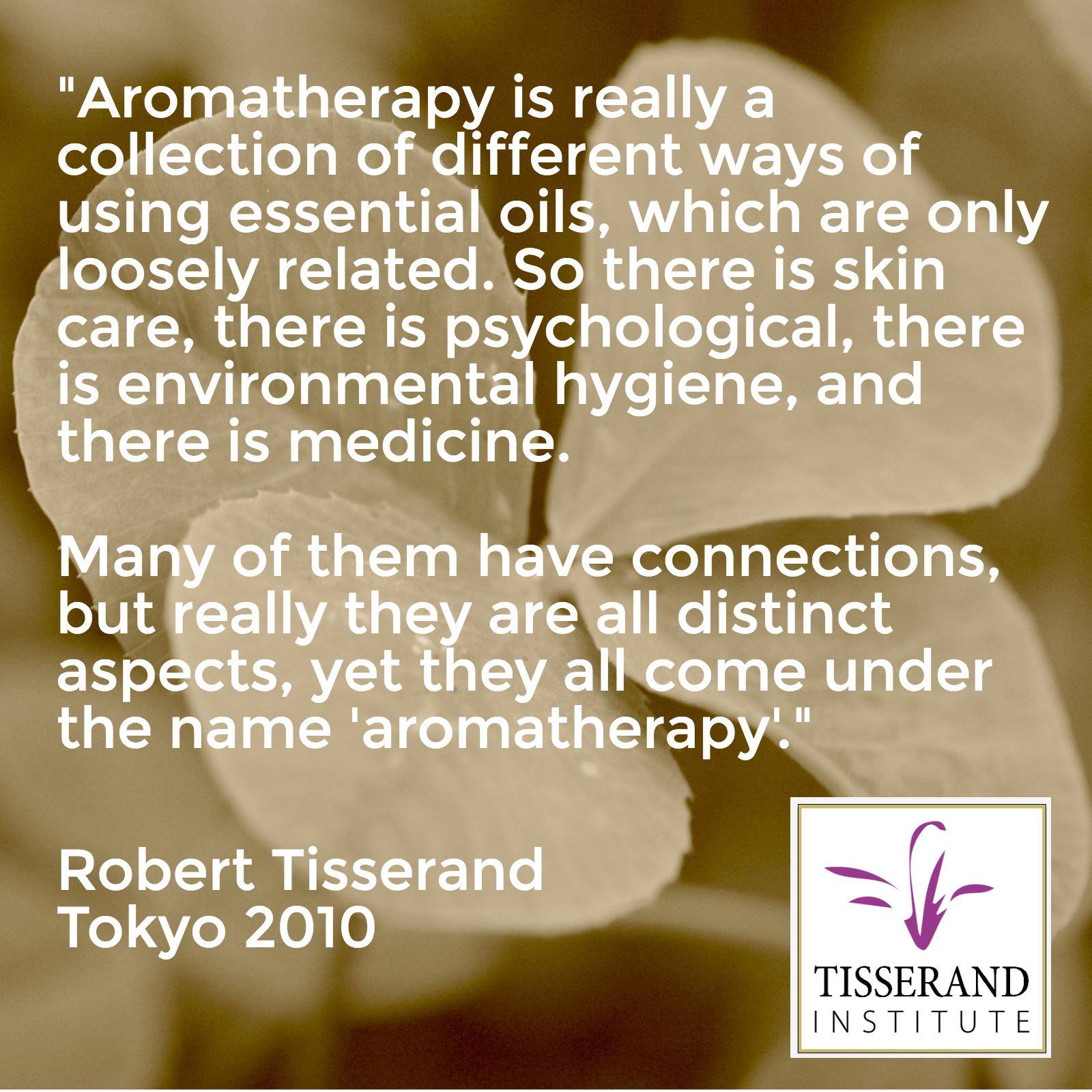
by Hana Tisserand | Mar 11, 2017
“Aromatherapy is really a collection of different ways of using essential oils, which are only loosely related. So there is skin care, there is psychological, there is environmental hygiene, and there is medicine. Many of them have connections, but really they...

by Hana Tisserand | Mar 10, 2017
We were asked a question about how to approach safety discussions, and this was in the context of people ingesting essential oils and using them undiluted on the skin. Here at RTET we are open to debating any point, so long as the debate is civil. Below are some basic...







